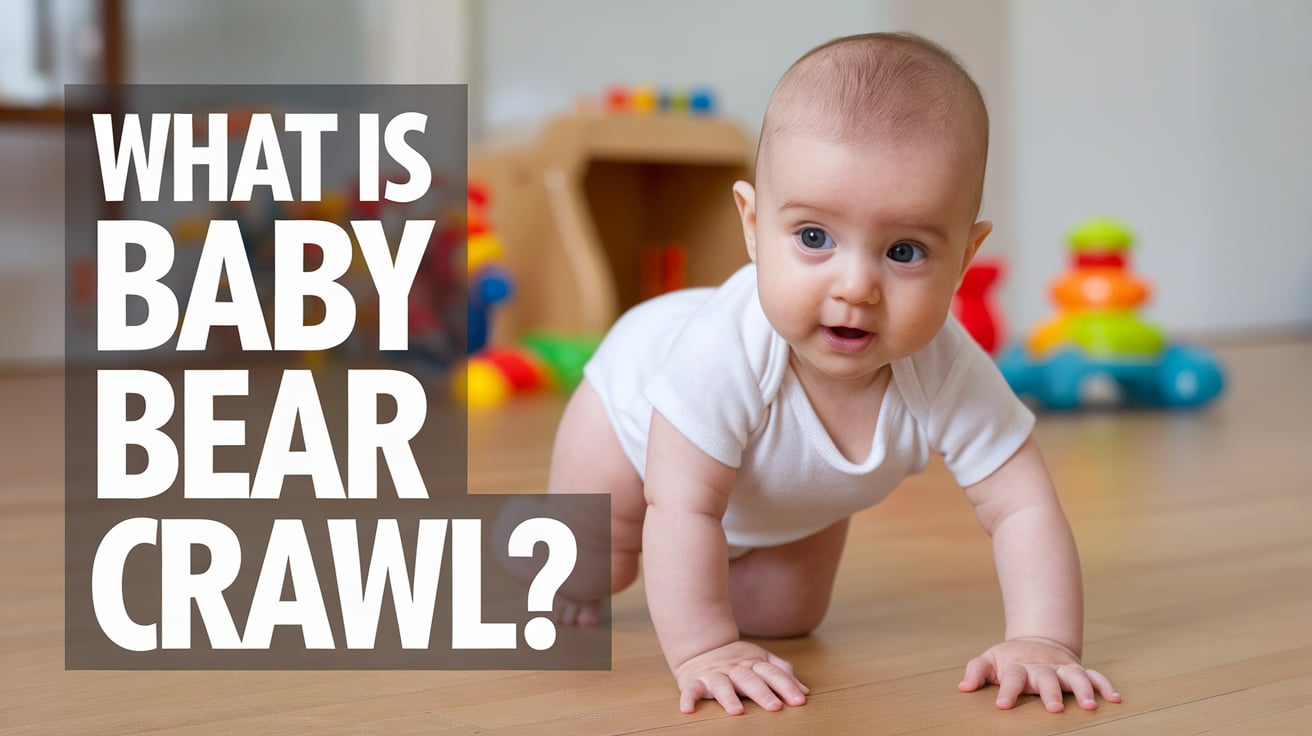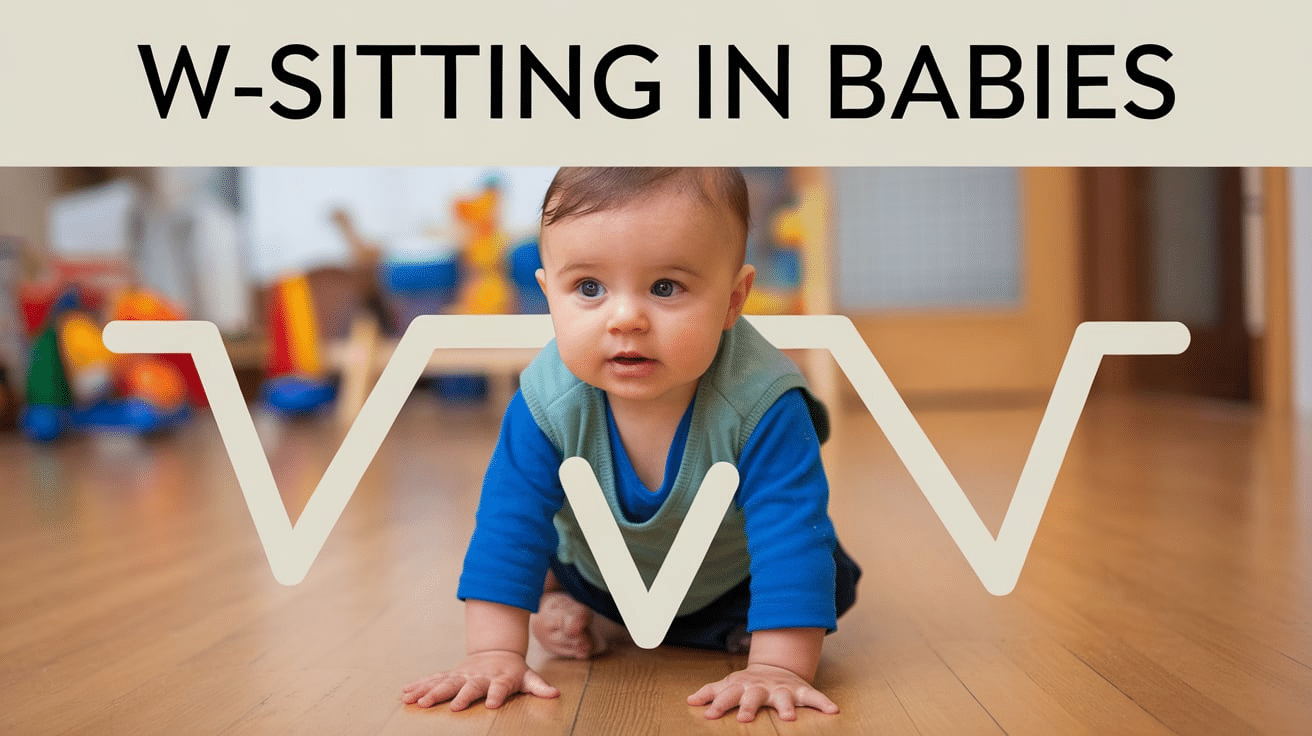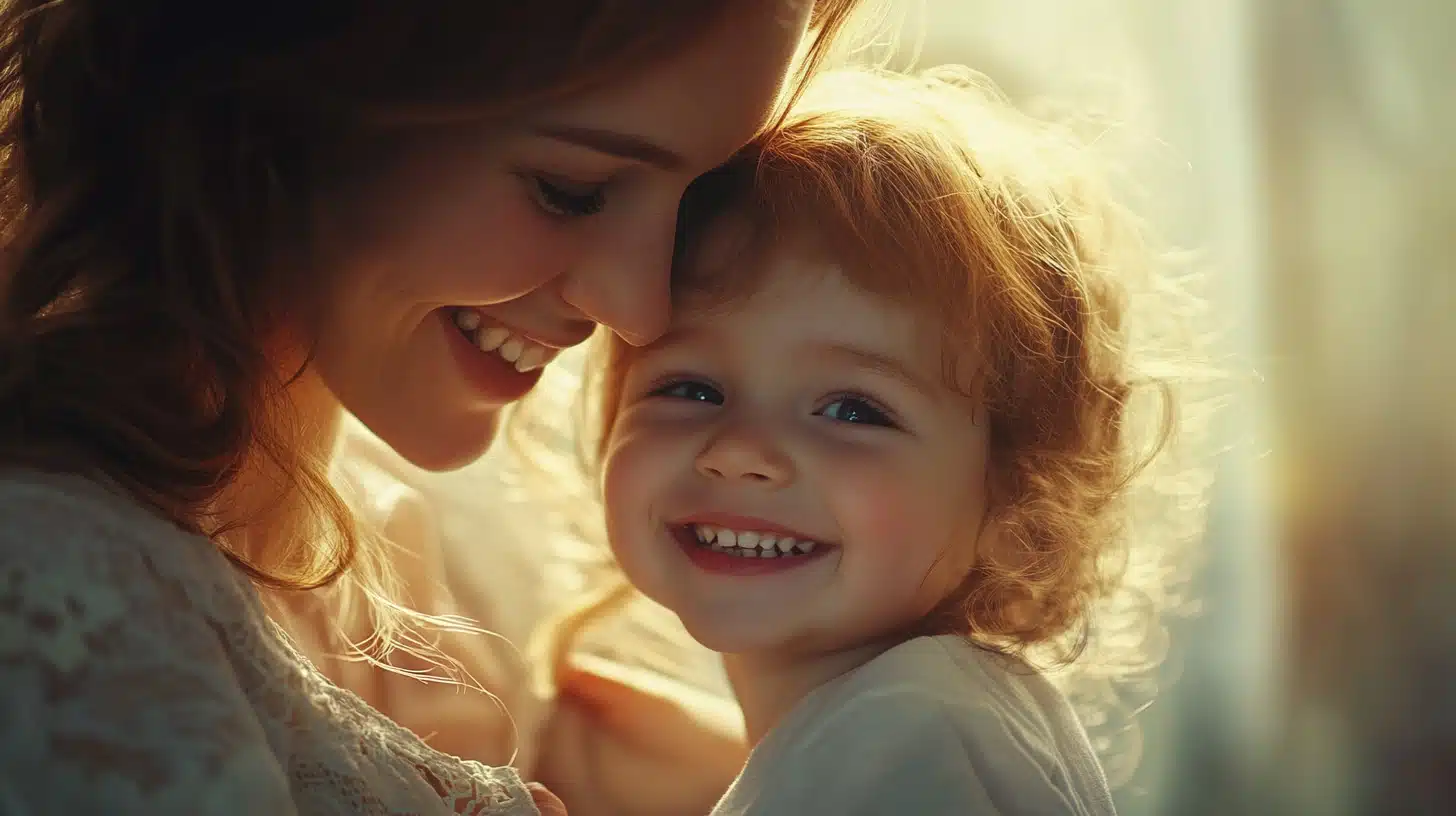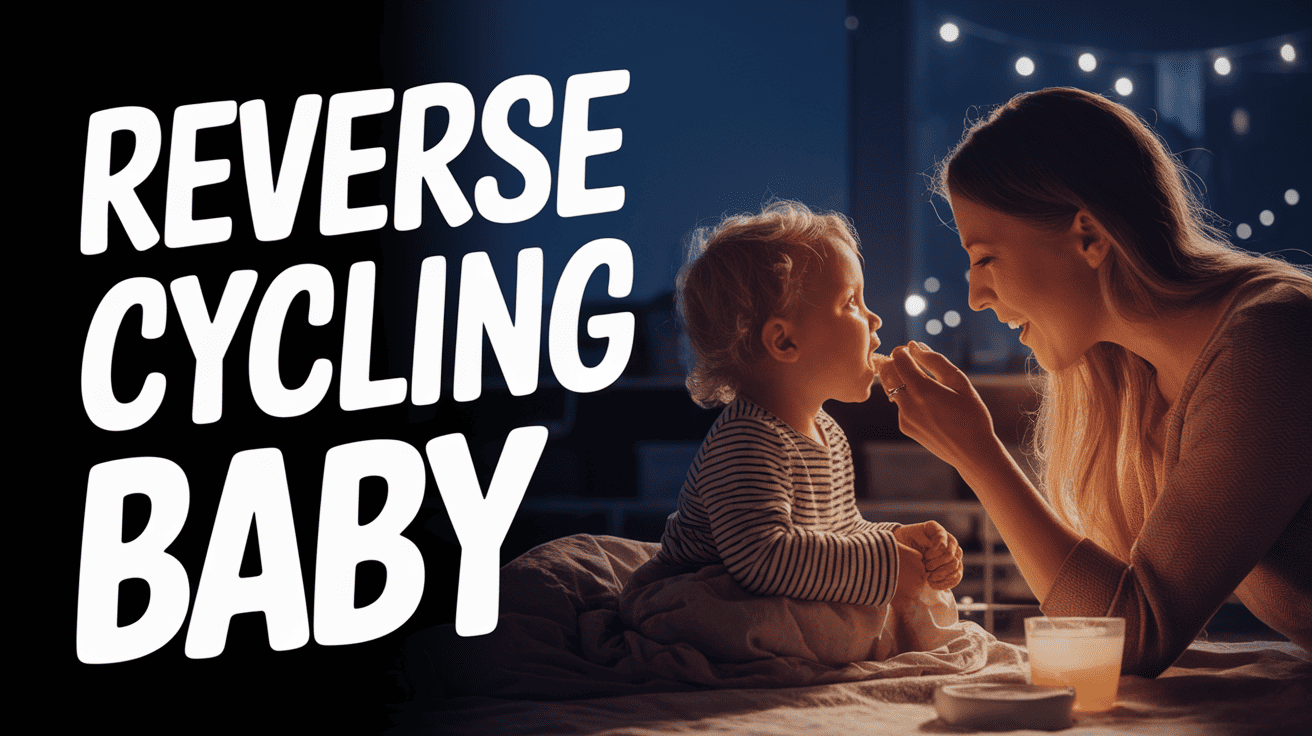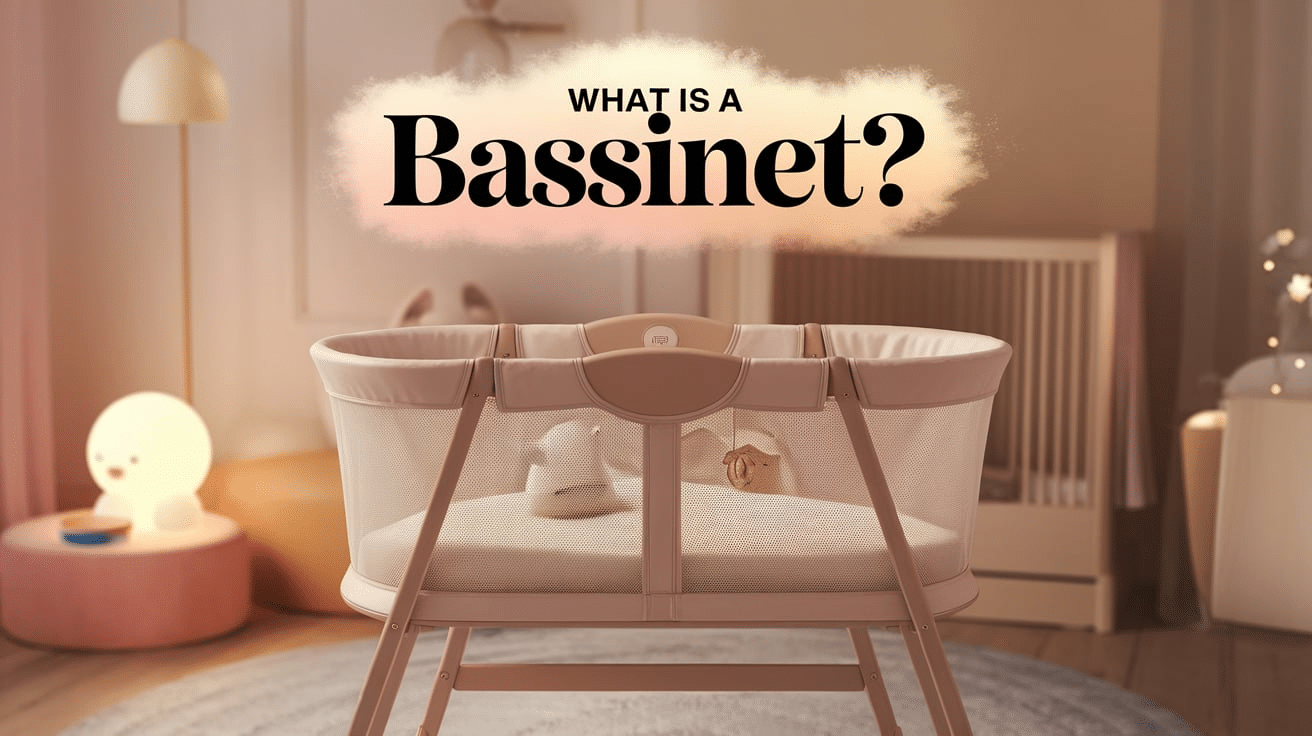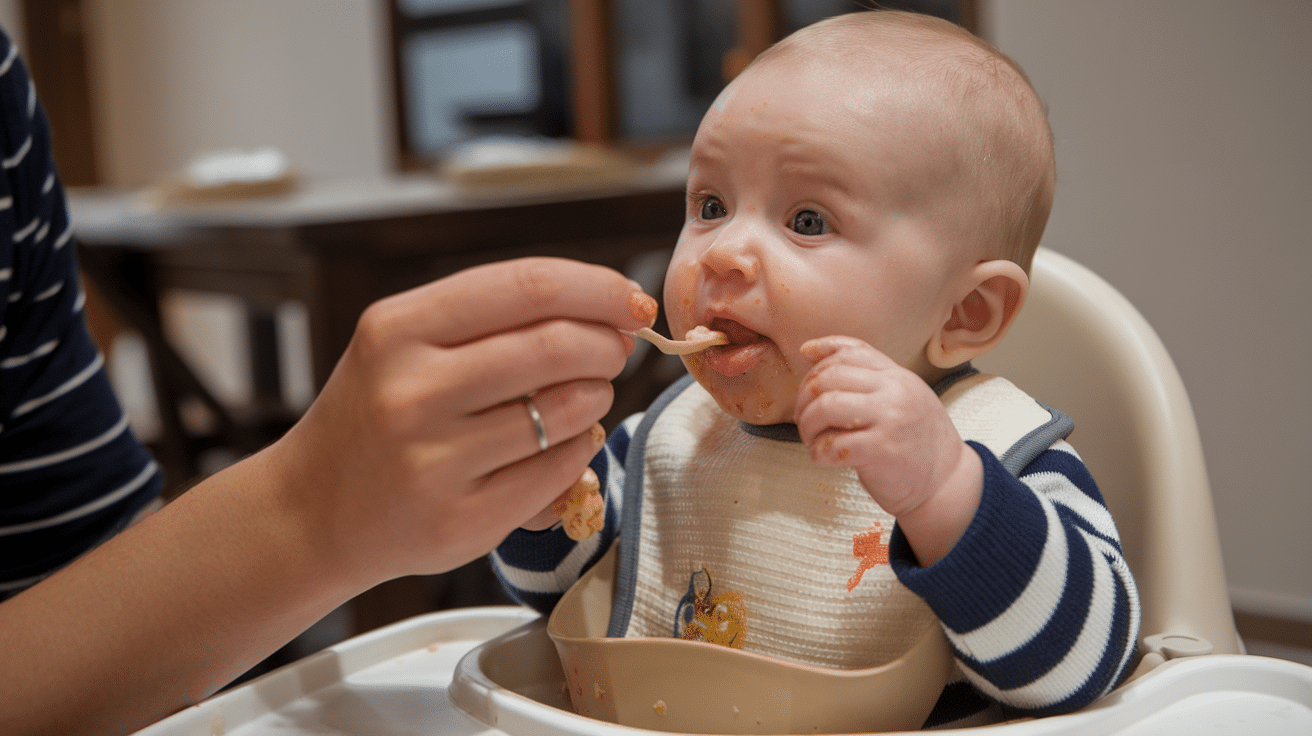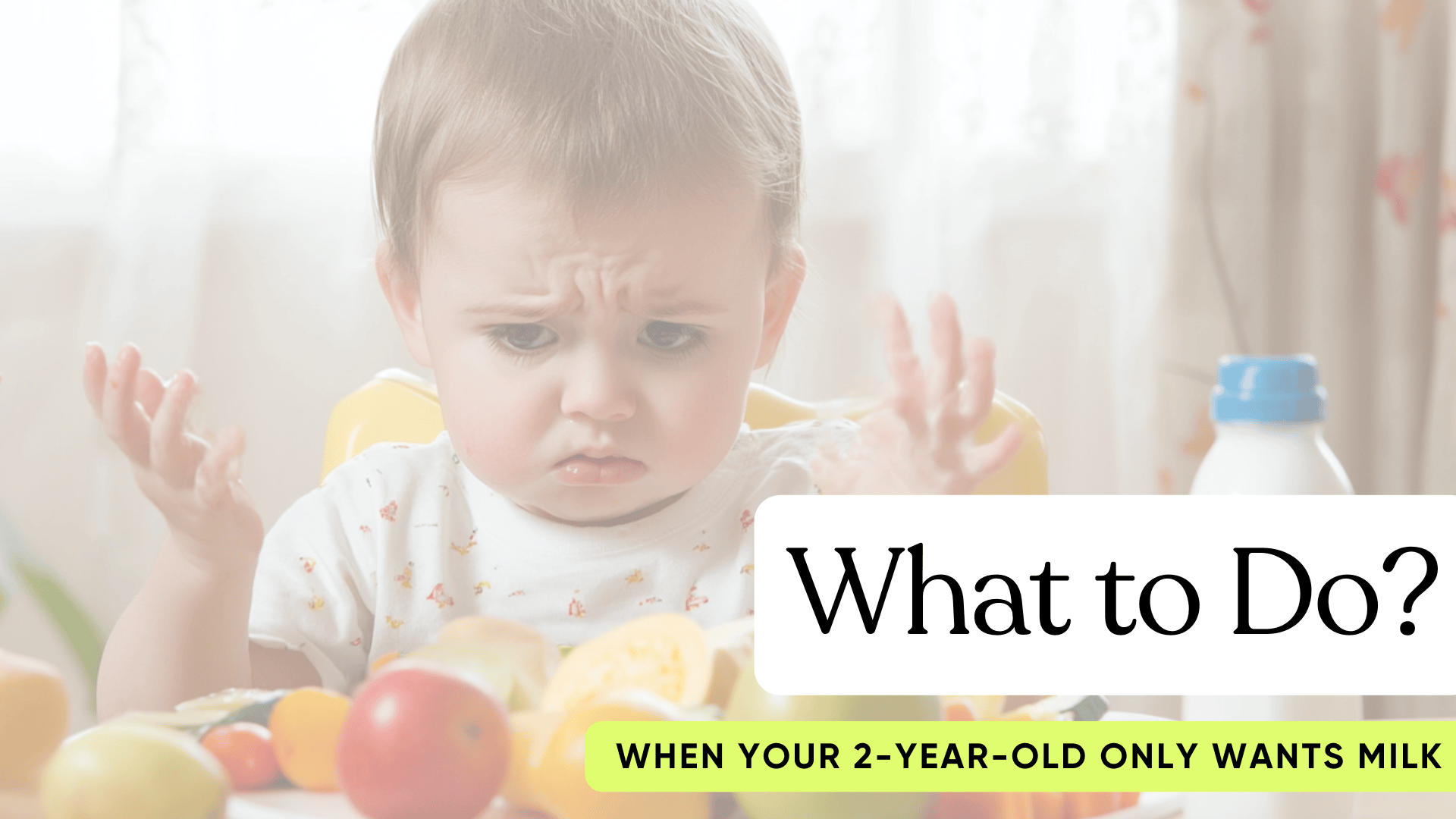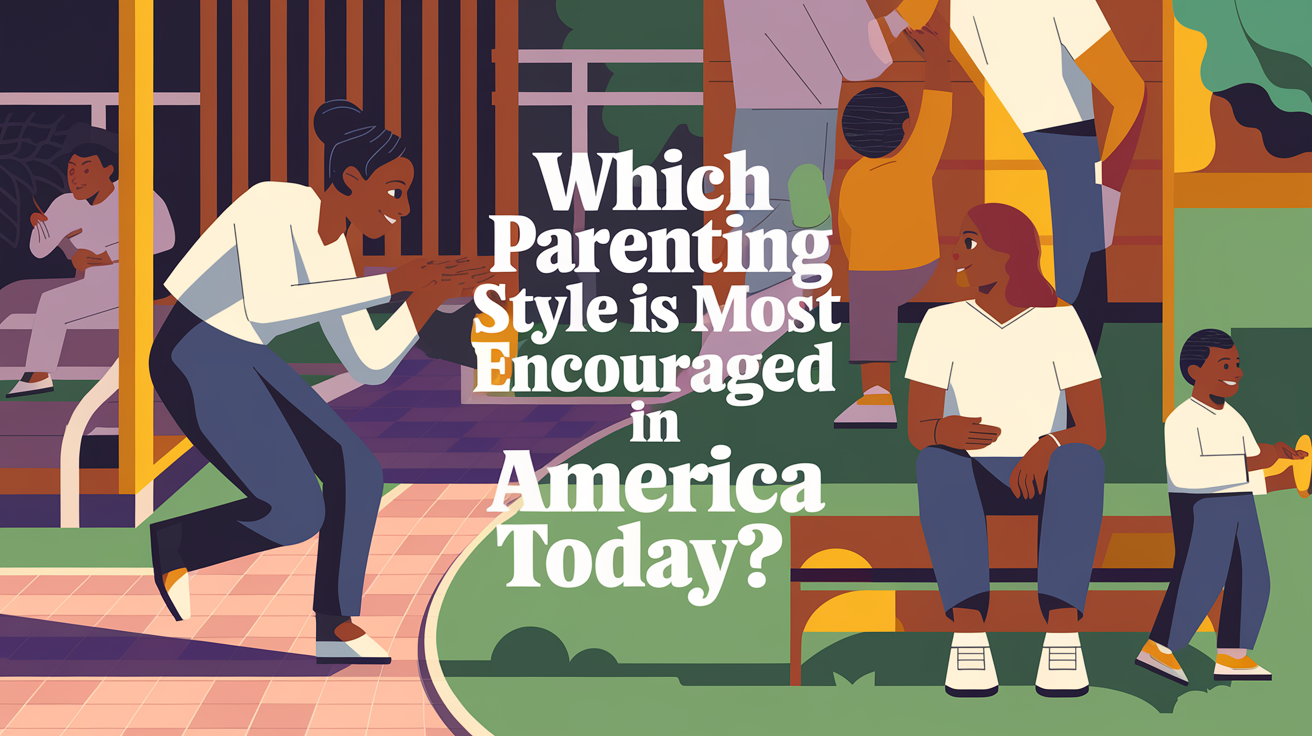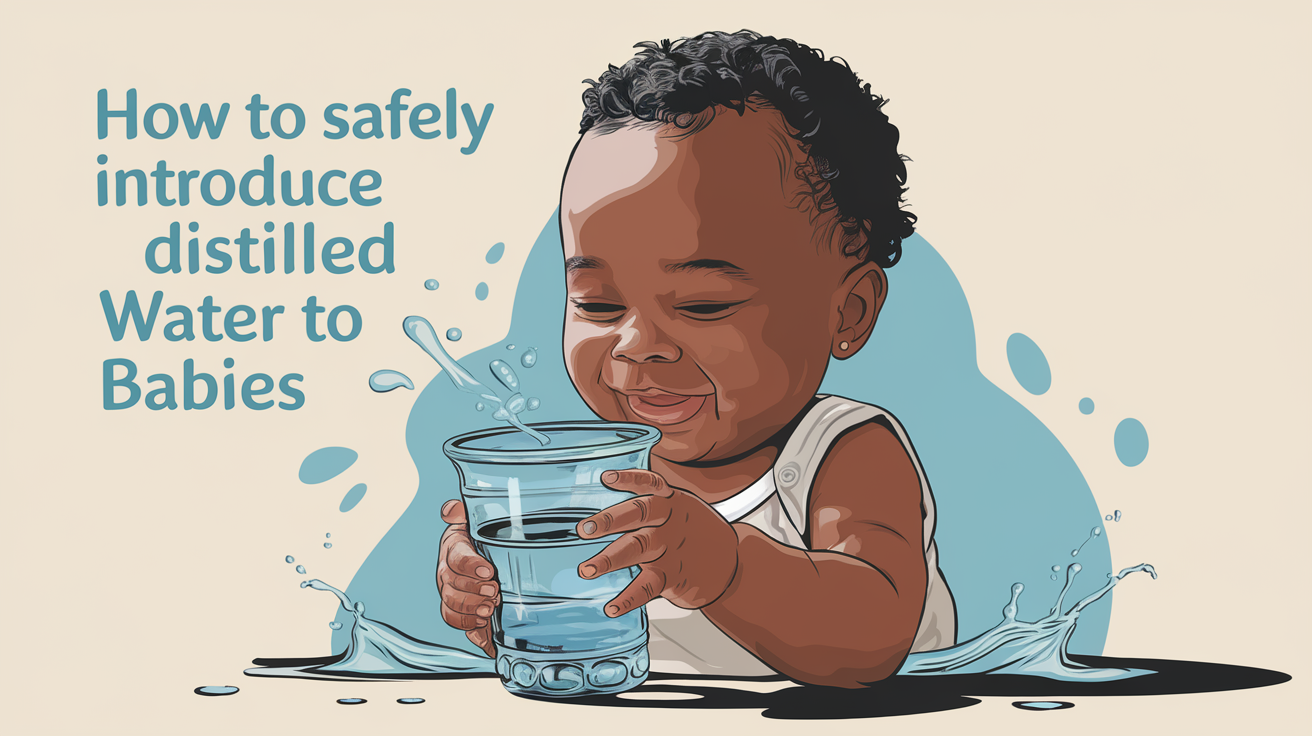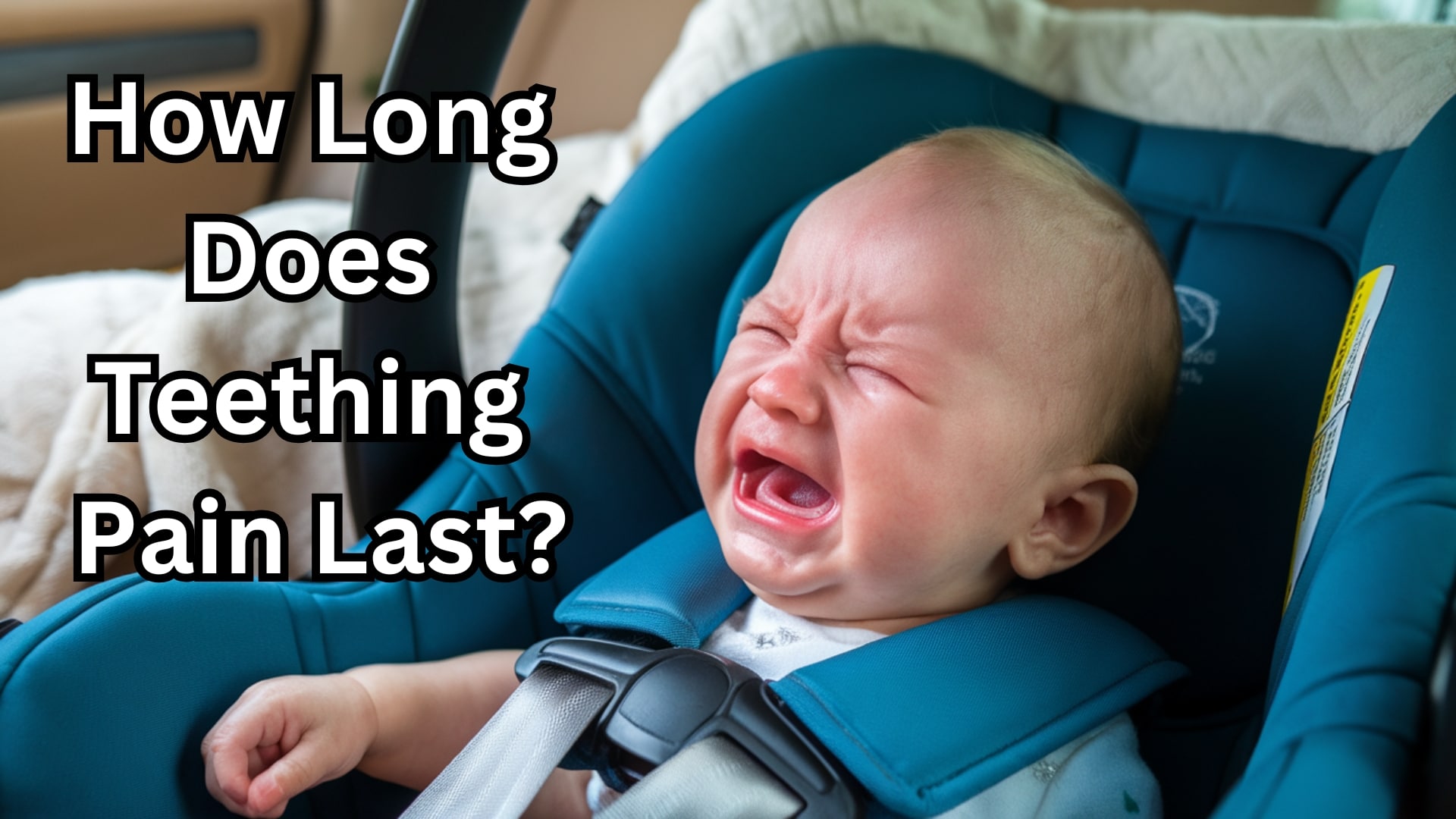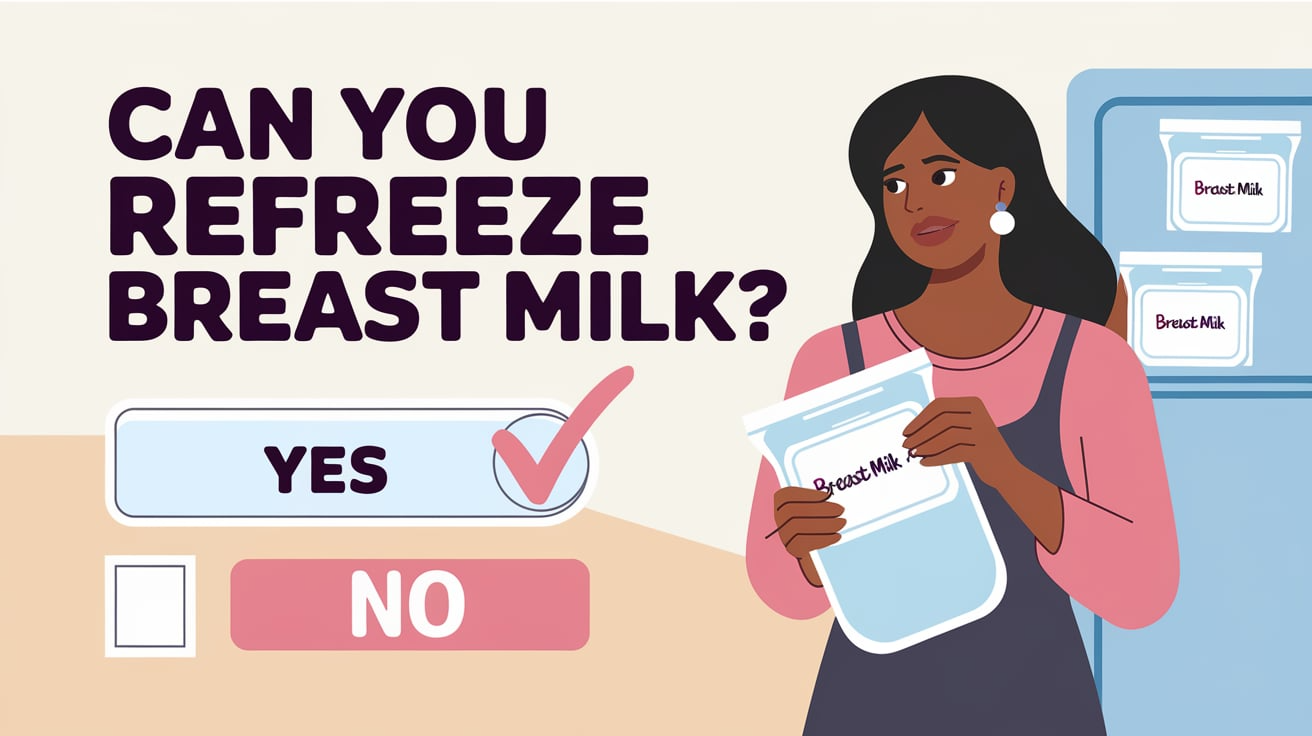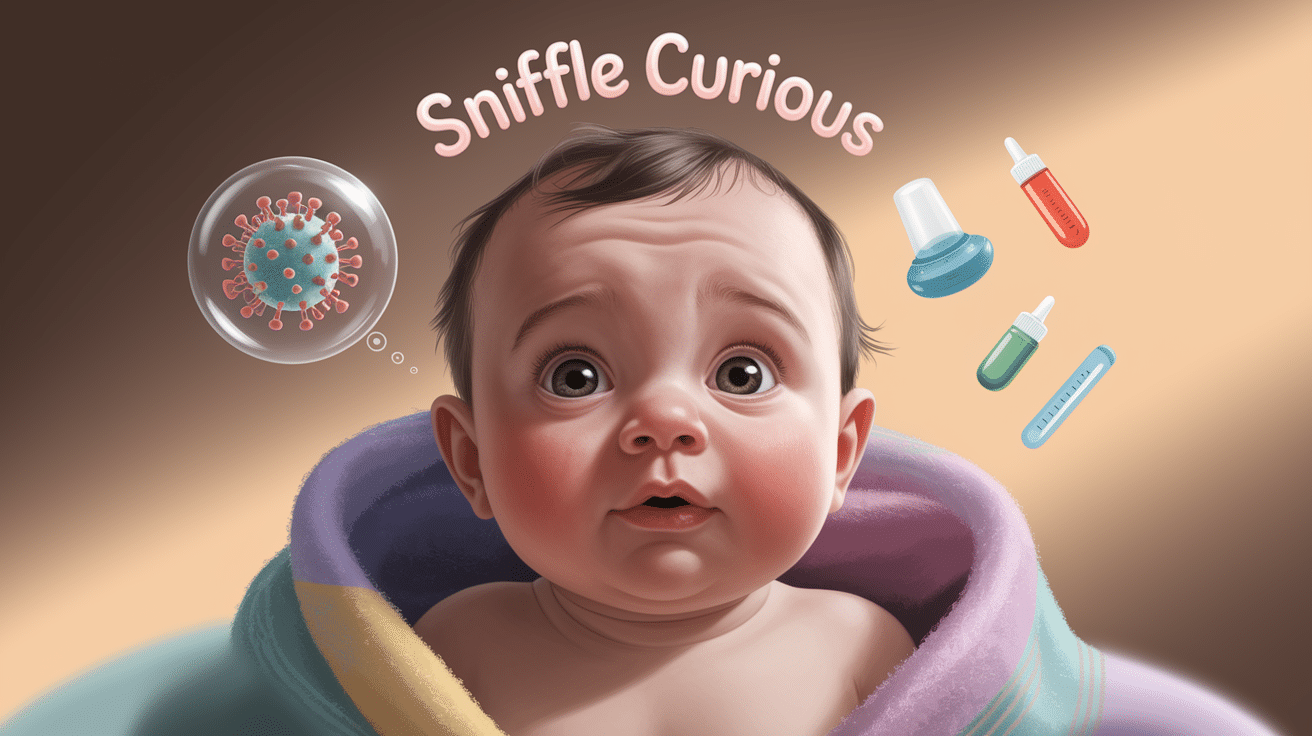
The tiny nose of a baby is a charming marvel. While sniffles may cause concern when your little one experiences them, these episodes are actually building blocks for strong immunity.
Babies naturally encounter 8-10 colds yearly as their bodies learn to combat various germs.
Numerous triggers, from pollen particles dancing in spring air to household elements like dust and pet dander, can create congestion in those soft nasal passages.
Did you know? Each time a baby recovers from a sniffle, their body creates special memory cells that remember how to fight that specific infection in the future.
Simple home care often relieves stuffy babies. Gentle saline drops, room humidifiers, and slightly advanced sleeping positions can ease breathing difficulties.
While most symptoms resolve within a week, it remains essential to stay alert for warning signs such as high temperature readings or labored breathing.
Though temporarily uncomfortable, these small health challenges play a vital role in establishing the foundation for lifelong wellness.
What Causes Sniffles in Babies?
Tiny noses get stuffy for many reasons. Cold viruses top the list, as babies catch 8-10 colds yearly while building immunity.
Seasonal allergies cause children to sniffle when pollen counts rise. Indoor irritants like dust, pet dander, and smoke can trigger similar reactions.
Teething often produces extra mucus, creating temporary stuffiness. Sometimes, foreign objects become lodged in nostrils.
Watch for fever, decreased feeding, or breathing issues – these suggest calling your doctor. Most baby sniffles clear up with simple home care like saline drops and humidity.
How to Care for Your Baby’s Sniffles?

Are you noticing your little one has a stuffy nose? Try a few simple methods to help them feel better. Raise the head of their crib mattress slightly to assist breathing during sleep.
To keep the air moist in their room, they can use a cool-mist humidifier. Saline drops followed by gentle suction with a bulb syringe can clear tiny nasal passages.
Ensure they stay hydrated and rest well. Contact your pediatrician if symptoms worsen or include fever.
Remember that minor congestion is common in babies as their immune systems grow stronger. Most cases clear up within a week with proper home care.
The Importance of Baby’s Health and Immune System Development

When babies experience common colds, their bodies are actually building important defenses. These minor illnesses help young immune systems learn to identify and fight various germs.
Each time a baby recovers from a sniffle, its body creates memory cells that remember how to combat that specific infection in the future. This natural process strengthens the baby’s protection against similar illnesses.
Parents can support this development by ensuring proper nutrition, adequate sleep, and age-appropriate hygiene.
While no parent wants to see their little one uncomfortable, these small challenges play a vital role in building robust health.
Regular checkups with healthcare providers help monitor this normal development process while ensuring any serious concerns are addressed promptly.
When Should You Worry About Your Baby’s Sniffles?
Babies often get stuffy noses, which typically clear up without treatment. Most cases are caused by harmless viruses that pass within 7-10 days.

Common Concerns that Parents May Have
New parents might notice their baby breathing loudly through their nose. This happens because babies have tiny nasal passages that easily become blocked.
Many parents worry when they hear rattling sounds during breathing. Minor mucus blockages typically cause these noises and usually don’t indicate serious issues.
Parents often become concerned about sleep disruptions. Babies with stuffy noses may wake more frequently as they struggle to breathe comfortably while lying down.
Serious Symptoms to Monitor and When to Call a Doctor
Contact your doctor if your baby shows difficulty breathing, refuses feeding, has a fever over 100.4°F, or if symptoms last more than 10 days. Also, seek help if your baby seems unusually tired or irritable.
Simple home remedies like saline drops and humidity can help manage mild cases.
Most Common Symptom: The most common symptom of a baby with a stuffy nose is loud, rattling breathing due to minor mucus blockages.
Preventing Sniffles in Babies: Tips and Tricks
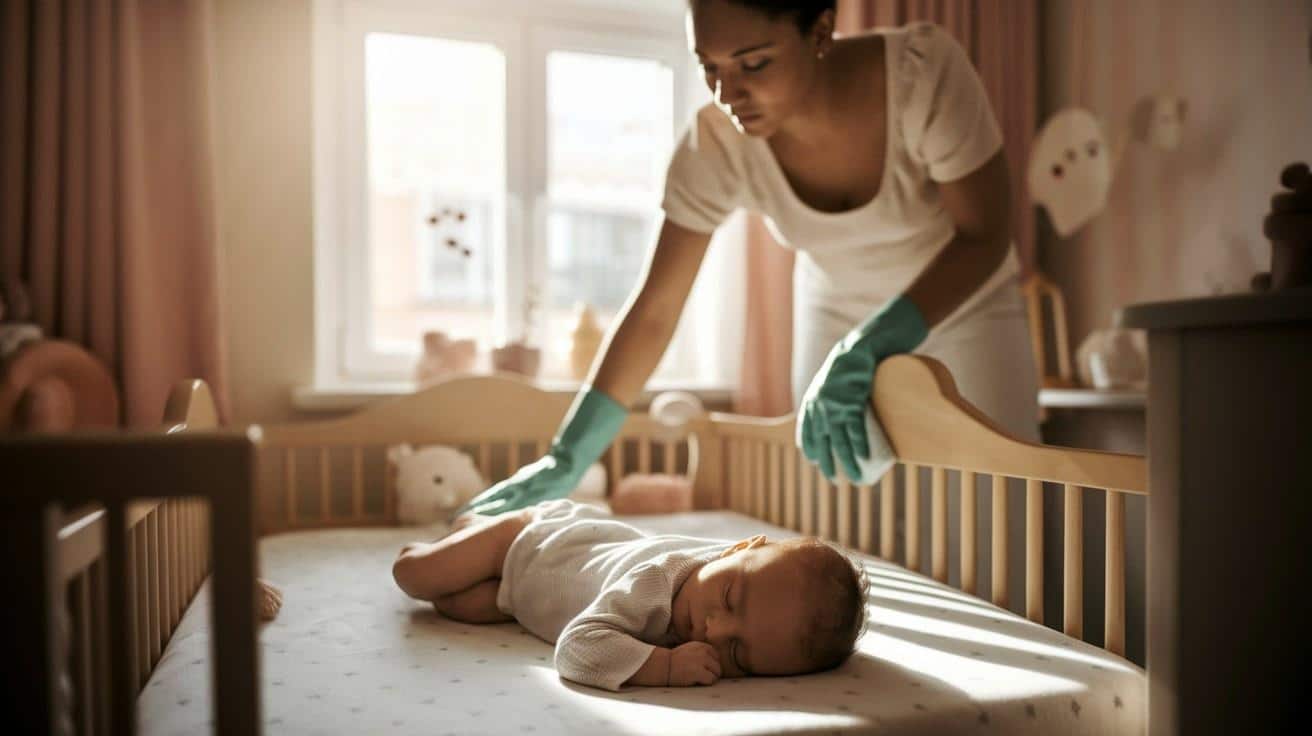
Boosting Your Baby’s Immune System
Breastfeeding provides crucial antibodies and nutrients. Ensure adequate sleep and a balanced diet rich in fruits and vegetables.
Regular handwashing reduces infection risk. Probiotics support gut health, while outdoor time exposes babies to beneficial microbes.
Vaccinations offer protection against serious illnesses. Limit exposure to disease during the early months. Consistent checkups monitor immune development.
Keeping Your Baby’s Environment Clean and Safe
Wash your hands before handling your baby to reduce germ transmission. Regular cleaning of toys and surfaces helps limit exposure to illness-causing organisms.
Limit contact with sick visitors during cold seasons. Fresh air circulation in your home can help reduce indoor contaminants.
Dress your baby appropriately for the weather without overheating. Staying hydrated is important for keeping nasal passages moist.
Pro Tip: Use a humidifier in your baby’s room to maintain optimal air moisture, which can help prevent dry nasal passages and reduce congestion.
Natural Remedies for Sniffle Curious Babies

Simple solutions can help when little ones have stuffy noses. For example, you can run a cool-mist humidifier in the baby’s room during sleep times to moisten the air.
Gentle saline drops followed by careful suctioning with a bulb can clear nasal passages. Keep your home dust-free and consider removing potential irritants like strong cleaning products.
Slightly raising the head of a baby’s mattress helps drainage during rest. Make sure your child stays hydrated with plenty of breast milk or formula.
Contact your doctor if symptoms persist beyond a few days or if the baby shows signs of discomfort. These simple methods often bring relief without medication.
The Bottom Line
Those tiny sniffles might worry new parents, but they’re often just your baby’s first steps toward a strong immune system. Each mild cold helps build natural defenses against future illnesses.
Remember these simple solutions: use saline drops with gentle suction to clear congestion, keep the air moist with a humidifier, and slightly raise the crib mattress for better breathing during sleep.
Good hydration and proper rest remain essential during recovery.
While most stuffiness clears on its own within 7-10 days, stay alert for warning signs like feeding refusal, fever over 100.4°F, or breathing troubles. These symptoms warrant a call to your doctor.
By understanding what causes those sniffles and knowing how to provide comfort, you can help your little one feel better while supporting their growing immunity.
This natural process builds healthier babies. Every sniffle today creates tomorrow’s superhero immune system!

